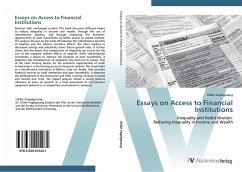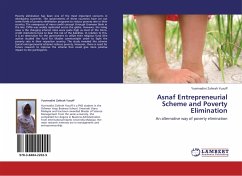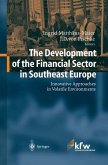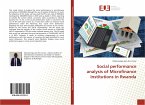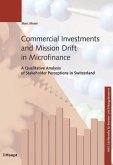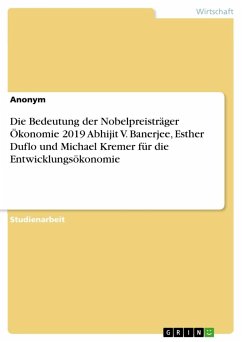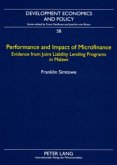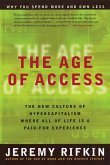Revision with unchanged content. This book discusses different means to reduce inequality in income and we alth; through the use of redistributive taxation, and through im proving the economic opportunities of poor households via better access to capital markets. The analysis focuses on the trade-off between the redistribu tive benefits of taxation and the adverse incentive effects, the latter leading to decreased savings and potentially lower future growth rates. It further shows that the extent and composition of inequality are cru cial for the size of the marginal welfare effects of taxation. While redistributi on constitutes a means to improve the situation of poor households, it addresses the consequences of inequality only and not its causes. One of the most limiting factors for the economic opportunities of small entrepreneurs is the missing access to financial markets. This book looks at a microfinance institution in Bolivia, Caja Los Andes, that provides financial services to small enterprises and poor households. It examines the development of the enterprises and finds a strong increase in assets and in come over time. The impact analysis shows a strong positive influence of loans on growth. In a final assessment of microfinance repayment behavior in a competitive environment is analyzed.
Bitte wählen Sie Ihr Anliegen aus.
Rechnungen
Retourenschein anfordern
Bestellstatus
Storno

